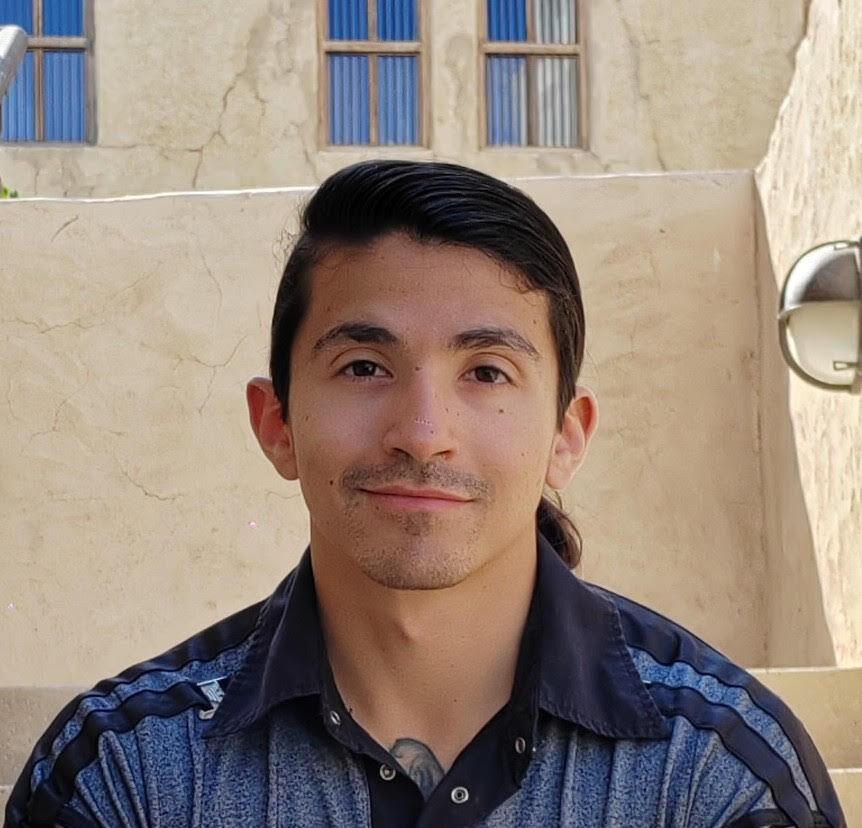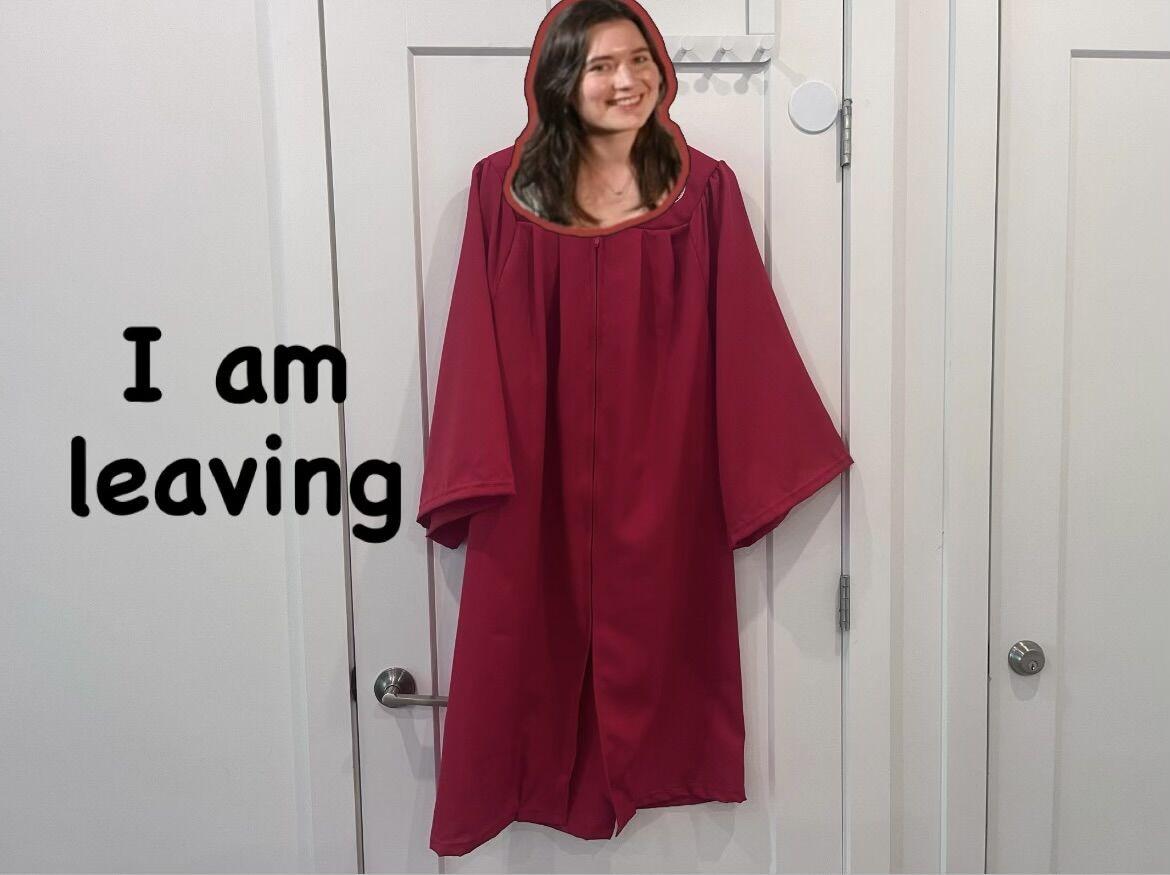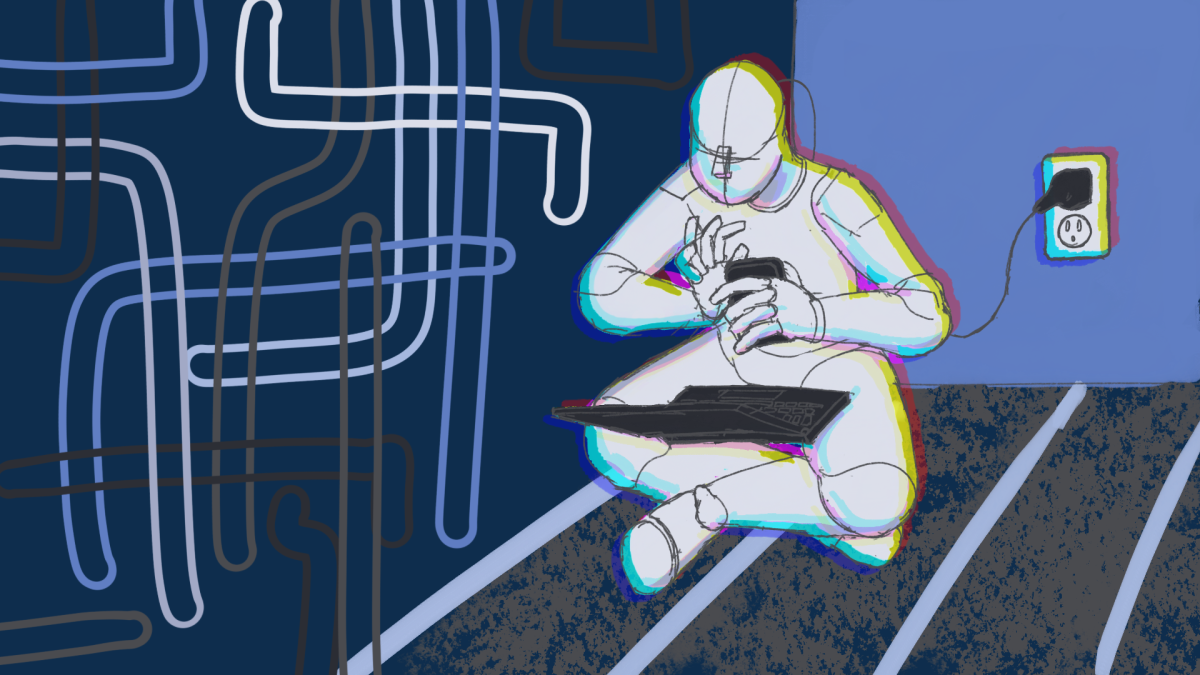The article, “The Greek Life ban is not an effective solution” argues that bans of Greek activities is ineffective. The argument contends that bans could drive parties to relocate off campus, could “establish an adversarial relationship between students and administrators,” might not be an effective deterrent for social activities, and are unjust to other chapters that “fulfill the standards of what Greek life is meant to uphold.”
The first three contentions are already sitting on shaky logical grounds since they suggest that events will occur just because they have the chance to occur. In addition to this fallacy, the first and second contentions do not cite any concrete incidents of such phenomena, despite the fact that the burden of proof falls to the person making the claims. The third is justified with a study that reiterates what the United States learned from the 18th Constitutional Amendment. However, the study only discusses alcohol prohibition, not total prohibition of a chapter’s activities/existence; therefore, the conclusion of the third contention does not follow from the evidence.
The article’s final primary support, that a few bad apples can spoil the bushel, does hold some truth for the chapters with an empty incident report folder. But for the chapters with long histories of heinous acts, there can be no sensible argument on why they should be spared castigation. The article closes with contending that the blame is misplaced onto the fraternities since they are “often the centers of social life on campus.” This global claim about the complex nature of the NC State social scene provides no explanation for the supposed blame misplacement.
A student’s social life is determined by their interactions with their friends and communities, whether they be clubs, sports teams, fraternities or a myriad of other groups affiliated with NCSU. Under this definition, the fact that 90.6 percent of NCSU’s undergraduates are not members of Greek life would suggest that fraternities and sororities are not the center of social life [sourced from the NCSU Greek Life “Fast Facts”].
Communities are sets of people that share a common bond through interactions that emerge visibly as a culture. Very often, traditions can be a positive enhancement to the community. For example, the U.S. celebrates its independence with hot dogs, beer and fireworks, which creates a sense of unity and togetherness out of a heterogeneous nation. Also, NCSU has the Free Expression Tunnel, a center for creativity and individuality that manifests in beauty. However, when a set of traditions and cultures perpetuate instances of physical harm, sexual exploitation and insults to individual dignity, it constitutes not a healthy community, but rather an institutional affront to human rights.
Gabe DeCaro
senior studying nuclear engineering







